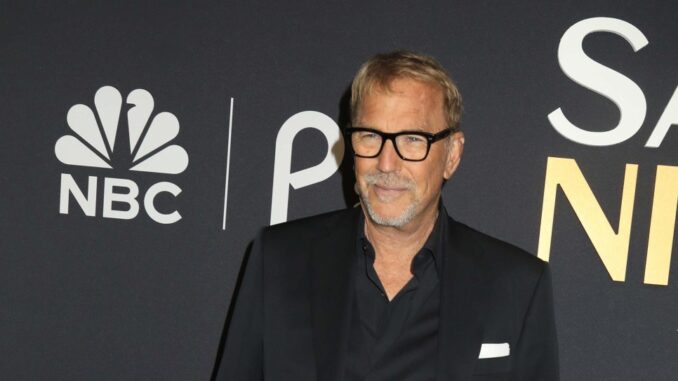
The Empty Saddle: What Kevin Costner's Departure Means for the Yellowstone Universe
The Yellowstone landscape, both literally and figuratively, is vast, unforgiving, and deeply rooted in legacy. For five seasons, Kevin Costner embodied that landscape as John Dutton, the stoic, ruthless patriarch clinging desperately to his ranch, his land, and the vestiges of a bygone era. Now, with Costner's official confirmation that he won't return to the final installments of the flagship series, the "Yellowstone" universe finds itself at a critical juncture, facing a future significantly altered and fraught with uncertainty. His absence isn't just the loss of a character; it's the removal of the cornerstone upon which the entire franchise was built, forcing a re-evaluation of its future and its potential for long-term survival.
For many, John Dutton was "Yellowstone." He was the face on the poster, the gravelly voice delivering pronouncements that carried the weight of generations, the moral compass (however skewed) that guided the narrative. His struggles to preserve his family legacy resonated with a broad audience yearning for a simpler, perhaps romanticized, vision of the American West. He represented the conflict between tradition and progress, the tension between clinging to the past and embracing the future. Without him, the central conflict of "Yellowstone" – the fight to protect the ranch from outside forces – loses its anchor, its emotional core. While the other characters have certainly developed their own compelling storylines, they were invariably tied to John Dutton, their narratives orbiting his orbit. Beth, the brilliant but tormented daughter, derived her ferocity from protecting her father's vision. Kayce, the conflicted son, wrestled constantly with his loyalty to his family versus his desire for a different life. Jamie, the adopted son, constantly sought John's approval, even as he betrayed him. Without John, their motivations are less defined, their arcs less compelling.
The narrative implications are equally profound. The rumored shift in focus towards the burgeoning spin-offs suggests a calculated effort to redistribute the weight of the franchise onto new shoulders. "1923" and "1883" have already proven successful in exploring the Dutton family's historical roots, expanding the universe's scope and deepening its mythology. The upcoming spin-off starring Matthew McConaughey is expected to pick up the pieces left by Costner's departure, potentially focusing on the surviving characters and the future of the Yellowstone ranch under new leadership.
However, this pivot carries its own risks. The success of the spin-offs, while promising, doesn't guarantee a seamless transition for the flagship series. Replacing John Dutton isn't as simple as plugging in a new character; it requires a fundamental shift in the series' identity. Will the audience embrace a new narrative that lacks the familiar presence of the patriarch? Will the new lead be able to command the same gravitas and hold the same level of audience investment? These are questions that the creators must grapple with, and the answers will ultimately determine the long-term viability of the "Yellowstone" universe.
Furthermore, the absence of Costner raises questions about the fate of the ranch itself. Will it be sold off to developers, succumbing to the very forces John Dutton fought so hard to resist? Will one of his children step up to assume leadership, continuing his legacy in their own way? The answers to these questions are crucial, as they will determine the ultimate message of the series. Will "Yellowstone" end on a note of triumph, with the Duttons successfully preserving their land and their heritage? Or will it be a cautionary tale about the inevitable erosion of tradition in the face of progress?
Ultimately, Kevin Costner's departure marks a significant turning point for the "Yellowstone" universe. It presents both a challenge and an opportunity. The challenge lies in reinventing the flagship series without its central figure, maintaining its audience appeal while forging a new narrative path. The opportunity lies in expanding the universe's scope, exploring new characters and storylines, and potentially creating a richer, more complex mythology. Whether the franchise can successfully navigate this transition remains to be seen. But one thing is certain: the empty saddle left by John Dutton will forever be a reminder of the void left by a powerful presence, and the challenge of filling it will be a defining moment for the future of "Yellowstone." The vast landscape remains, but the landscape itself, like the legacy it represents, is forever changed.
